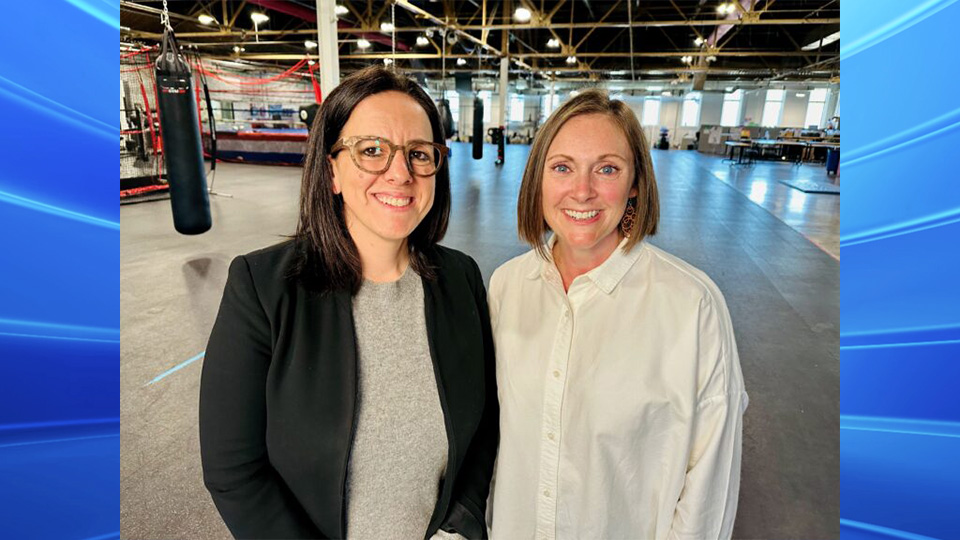Purdue to study long-term impact of innovative Detroit afterschool program
Subscriber Benefit
As a subscriber you can listen to articles at work, in the car, or while you work out. Subscribe Now
A free Detroit afterschool program aiming to provide the city’s children with much-needed academic and extracurricular activities has been the subject of national recognition and now a Purdue University study.
Purdue’s College of Education researchers will conduct a five-year study on the impact of the STEM-based programming run out of the Downtown Boxing Gym, which offers one-on-one literacy intervention, life skill building and athletics. Both the gym and Purdue received a National Science Foundation grant totaling $2 million so stakeholders can better understand the not-for-profit’s longterm impact.
“Without the initial interest in STEM and a sense of themselves as capable STEM learners, which DBG provides, students are less likely to pursue STEM activities, majors, or careers regardless of their potential in these subjects,” said Amanda Case, Purdue researcher and associate professor, in a news release. “The success of DBG’s program offers hope in addressing the nation’s ongoing struggle to keep pace with STEM education and innovation, a domain where the U.S. once led the world.”
Students who are accepted into DBG’s programs are required to attend the program for a minimum of three days a week and have report cards on file, according to its website. Those students can take a variety of classes on topics like computer coding, digital animation weather patterns and animal life cycles.
It annually serves over 200 children from ages 8-18 with continued support for the program’s alumni. Students who are a part of the gym receive mentoring, transportation, meals and intervention. The program boasts a 100% high school graduation rate among participants over a 16-year period.
“We provide equitable access to education – a safe space, a resource hub and a launching pad to help young people achieve their dreams,” DBG’s founder and CEO Khali Sweeney said. “Our students are the CEOs, innovators, and entrepreneurs of the future – the next great scientist, doctor, or engineer might be in our STEAM lab right now. This grant provides a huge opportunity to help scale our proven methods. DBG is grateful to the National Science Foundation and Purdue University for recognizing the impact of our program, supporting our students, and advancing DBG’s mission.”
Researchers want to study why students want to opt-in for this programming and how the gym’s approach creates opportunities for student engagement. They also want to pay attention to how DBG entices student, who are typically underrepresented in such fields, to engage themselves in STEM.
